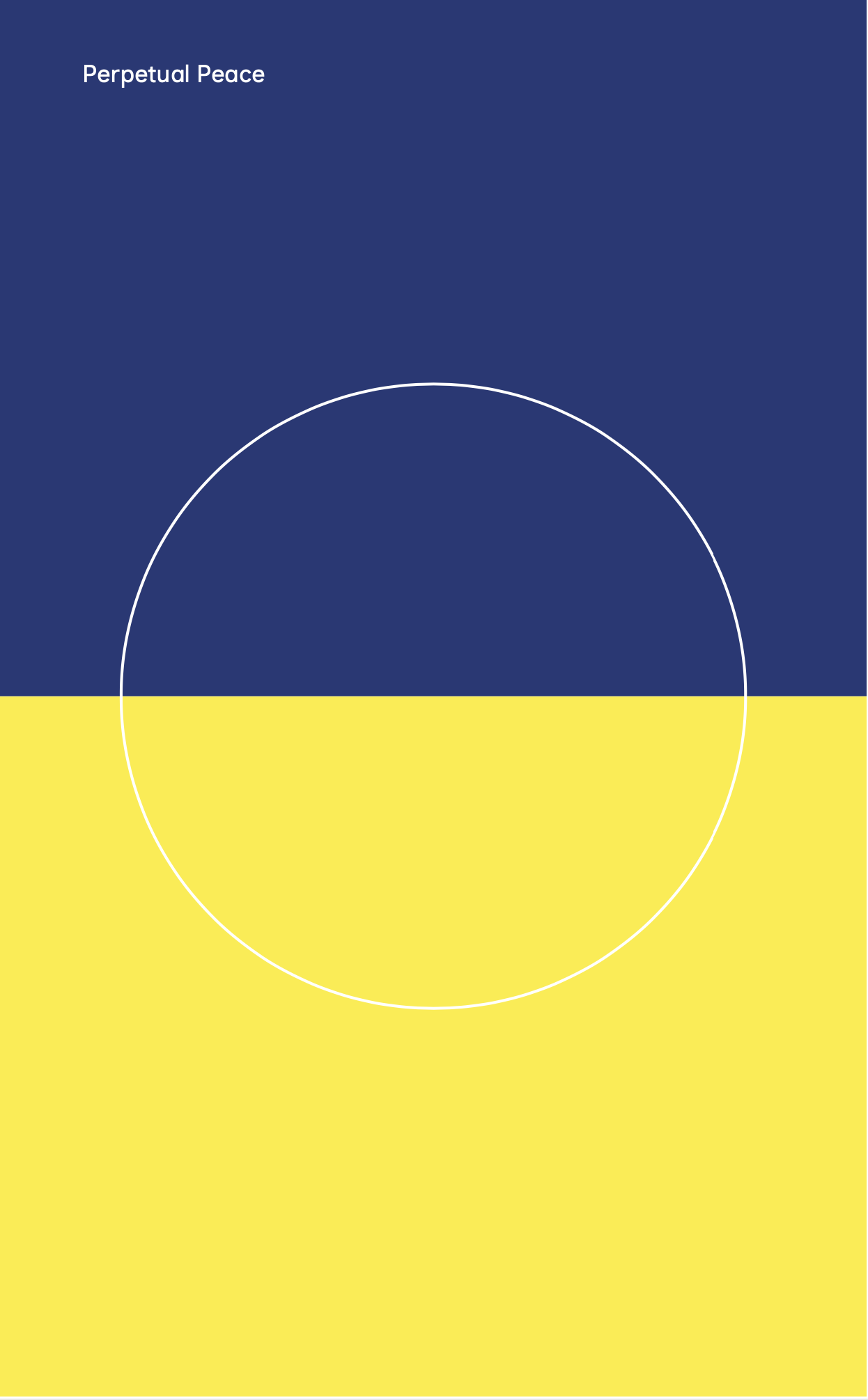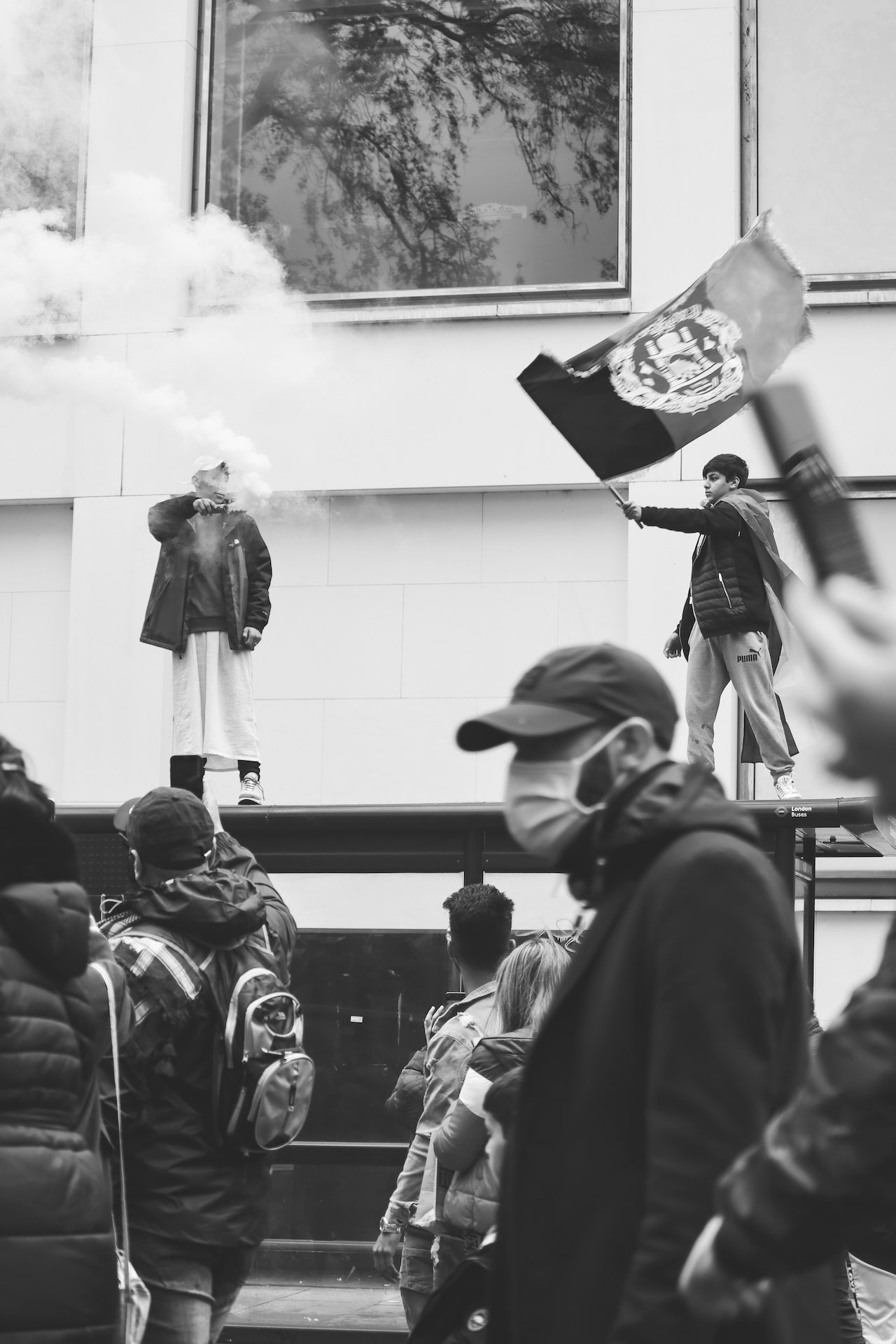In public discourse it is simply dismissed as an empty rhetorical gesture, or an abstract concept that has been subjected to many abuses historically, which is why it has been replaced in modern diplomatic discourse by more practical terms designating processes to mitigate human suffering or bring ongoing hostilities to a pause, as the short-term outcome of inevitable wars.
Yet this resigned acceptance of strife, and this dismissal of peace as an esoteric or irrelevant exercise, seems paradoxical in a world that has long dreamed for things to be otherwise. With the rapid intensification of geopolitical instability caused by war and environmental devastation, where the most vulnerable populations continue to be disproportionately affected by the competition and developmental agendas of certain wealthier nations, it has also become clear there can be no “perpetual peace” without a “planetary peace,” that is, a peace between the human populations and the many other living systems that support and transcend them. In other words, as Michel Serres puts it: “We must decide on peace amongst ourselves to protect the world, and peace with the world to protect ourselves” (Natural Contract).
Since 2008, the Perpetual Peace Project has launched a series of public and academic initiatives partnered with multiple institutions, to create the conditions for proposing yet again the idea of peace. From its conception, however, the PPP is not attempting to actively formulate public policy, but rather only to conceptualize a peace movement, raising questions about how such a movement might occur today. While the project takes Kant’s ambitious notion of Perpetual Peace as its point of departure, it is in no way limited to it, and attempts to imagine the conditions for a peace that does not exist terrestrially, and does not merely entail a temporary pause in the most recent or last war.
The PPP works in phases and activates itself across the years in different locations worldwide and working with various scholars, artists, and designers. This third phase is called the Perpetual Peace Academy and takes the wars in Ukraine and Gaza as catalysts for interrogating the structural conditions needed for the idea of peace to be “redesigned” today. To this end, Gregg Lambert, founding director of the Syracuse University Humanities Center and one of the original creators of the PPP, is planning a third series of initiatives in partnership with Adam Nocek, founding director of the Center for Philosophical Technologies (CPT) at Arizona State University (ASU), and in partnership with universities and institutes in the Czech Republic, Poland, Ukraine, and South Korea, as well as faculty who have been displaced by the wars and have either fled to other countries or who continue to remain at home.





